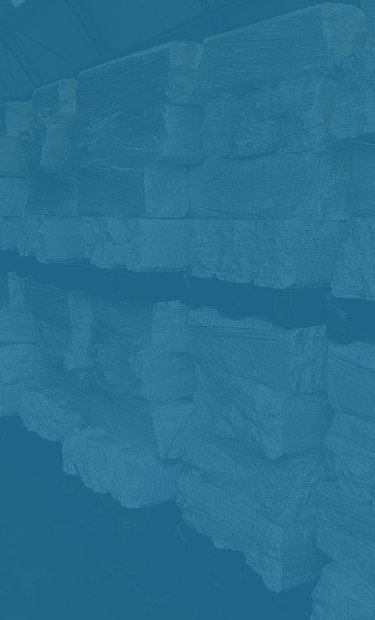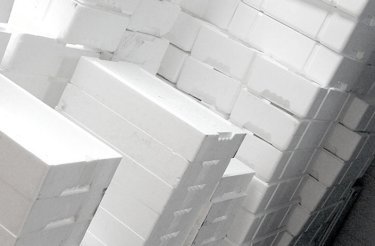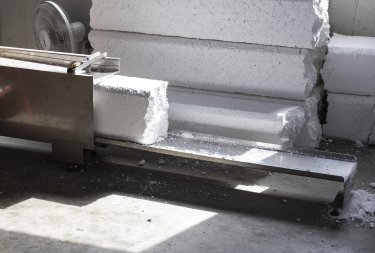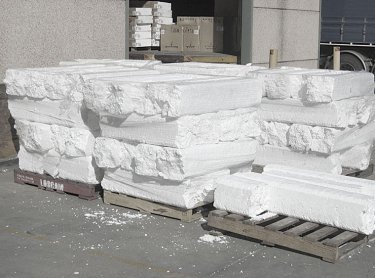
What machine compacts EPS?
Our useful guide tells you all you need to know about what type of machine is used to compact EPS (Expanded Polystyrene).
Polystyrene, Expanded Polystyrene, Styrofoam
Also known as EPS or Styrofoam, polystyrene is one of the most popular packaging materials.
Because it’s a good insulator and it has protective properties, it’s used in the packaging of electric goods, furniture, food, and much more.
Many everyday objects, such as disposable plates, cups, and cutlery, are made from EPS.
However, one problem with EPS is that it can be hard to recycle, and it has become a source of waste.
In the Middle East, thousands of tonnes of EPS are produced every year, and a lot of it ends up in the landfill because not everyone knows that this material is, in fact, reusable.
For example, when the usage of EPS packaging increased during the pandemic, municipalities across the Middle East found themselves facing a new challenge: how to dispose of EPS responsibly.
“A polystyrene compactor breaks up large pieces of EPS and compacts it into compressed blocks of recyclable material”
Compact
EPS is notoriously hard to recycle because it is voluminous. Even though it’s almost weightless, it takes up a lot of space, which means that the bins fill up right away, which leads to a dirty and messy environment. What’s more, polystyrene packaging that spills from the bin and ends up on the ground can easily be contaminated.

Recycle
Ultimately, if you discard polystyrene the traditional way, you inevitably have to pay higher waste disposal costs because your trash will have to be picked up more often.
Fortunately, there’s a better way to dispose of EPS responsibly: by using a special machine that compacts EPS.

Compressed Blocks of EPS
The Mil-tek EPS1000 Polystyrene Compactor was specially designed to compact EPS and pack it into blocks, which can then be safely reused to manufacture new products, such as recycled EPS foam, picture frames, decorative mouldings, and more.
By compacting EPS instead of disposing it in the traditional way, you address this material’s biggest problem, high volume, saving space and reducing waste disposal costs. Also, because the EPS is neatly packed into blocks, there’s a lower risk of contamination.

Do you have any further questions?
By managing waste more effectively, your company may save time, space, and money. Let us assist you in finding the solutions
Once you submit the form, one of our local employees will contact you to offer assistance.